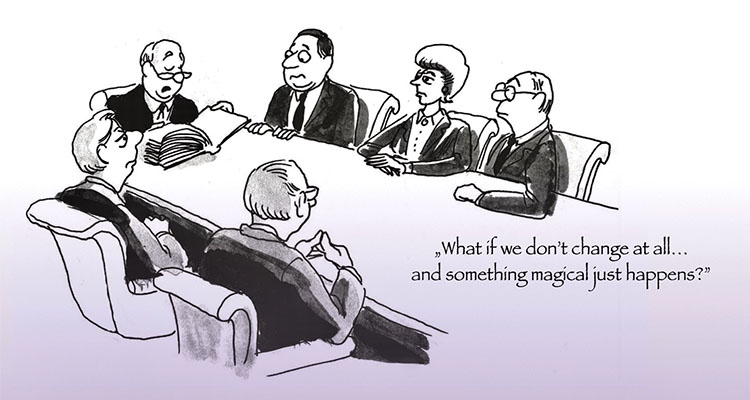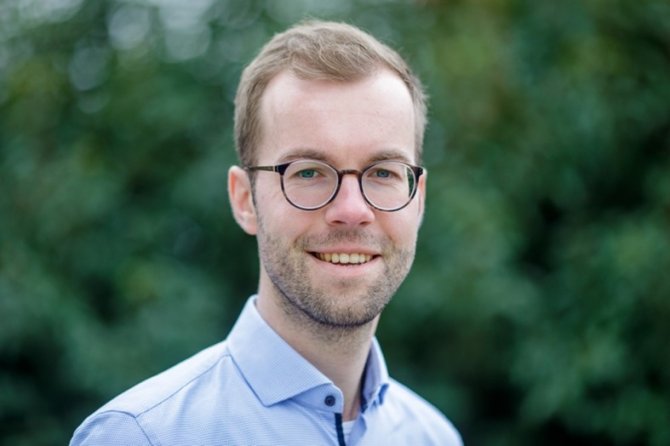
Event
SG – Breaking Bread
Despite growing concerns about sustainability and health impacts, entrenched political and commercial interests often impede meaningful change in the EU's agri-food system.
Looking at the interplay of these forces, we aim to uncover why e.g. ambitious goals outlined in the Farm to Fork Strategy face considerable challenges in implementation. Join us to explore how political dynamics and corporate influences impact the trajectory of EU food policy and what this means for the future of sustainable food systems. And what’s the role of WUR in all this?
About series Resistance to Change
How do toxic masculinity, farmer protests, and the fossil fuel industry interconnect? In our sometimes rapidly changing world, we are faced with multiple crises, yet there are often structures and institutions that resist necessary changes. Over the course of three evenings, we will delve into various aspects of resistance to change, drawing insights from different disciplinary perspectives. From exploring the concept of masculinity to examining delay tactics and the resistance within the agri-food sector, join us as we uncover some of the complexities of resistance to direly needed change in our society.
About Jeroen Candel
Jeroen Candel is Associate Professor at the Public Policy and Administration Group Wageningen University and he is co-founder of the Europe for Nature campaign.

Jeroen is passionate about teaching and conducting research on the question of how to steer food systems towards more sustainable outcomes. His research is situated on the interface of the Policy Sciences and Food Systems research. Specific themes that he studies and teaches include:
- Innovative forms of food policy, including the emergence of urban food policy, national food strategies, food democracy arrangements and the EU's Farm-to-Fork Strategy;
- Food and nutrition security governance;
- Agricultural policy, such as the EU's Common Agricultural Policy and ambitions to realise a system of 'circular agriculture';
- Public policy theory, including theories on EU policymaking, policy integration, policy styles and framing.
Jeroen coordinates and teaches courses on Food Politics and European Union governance. Beside his academic roles, he engages closely with policymakers and societal actors to provide suggestions for improved food governance. He is member of the Dutch Council on Animal Affairs and member of the supervisory board of the Transitiecoalitie Voedsel (Transition Coalition Food).